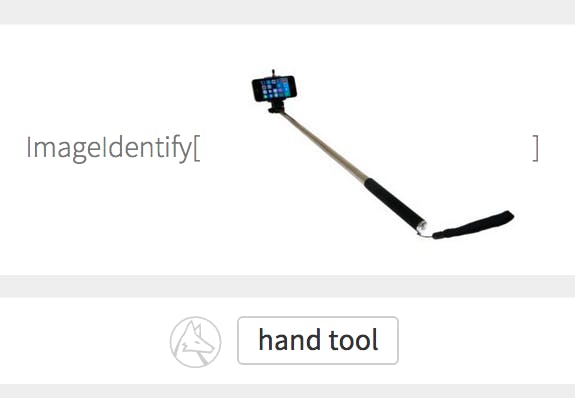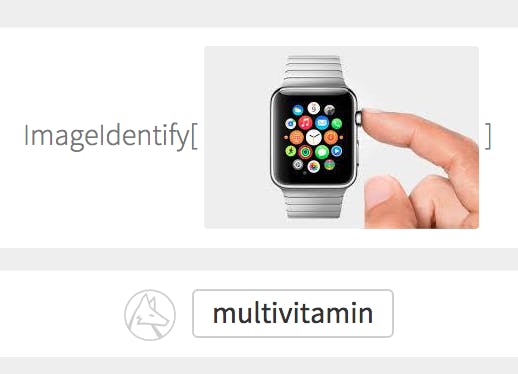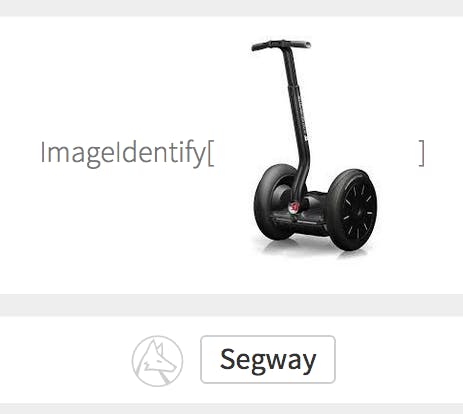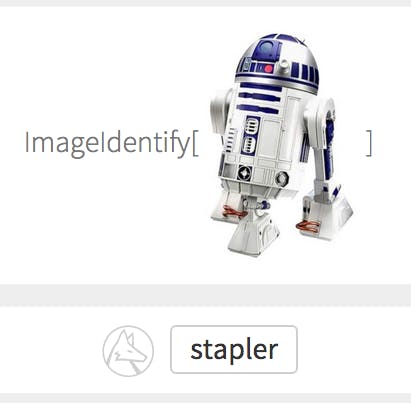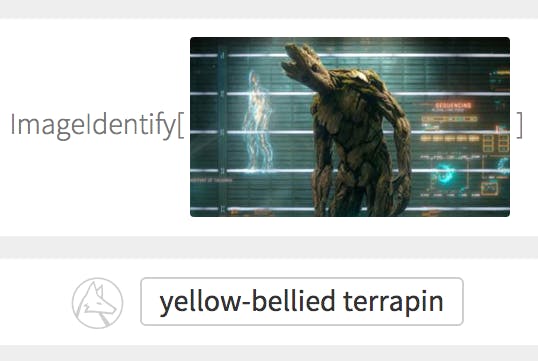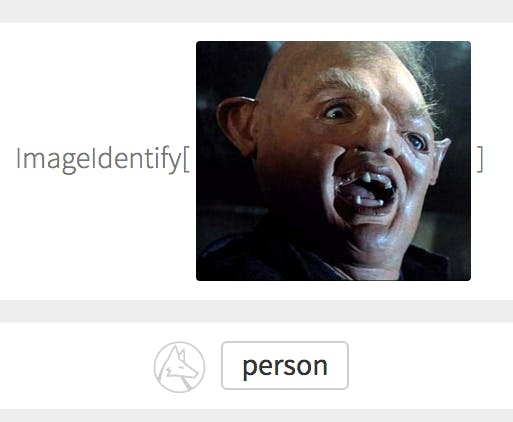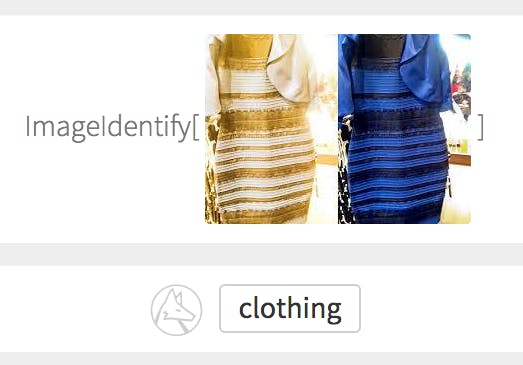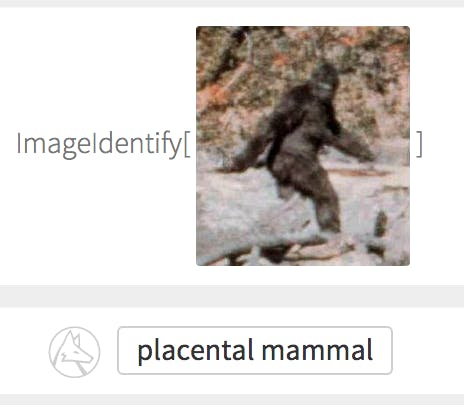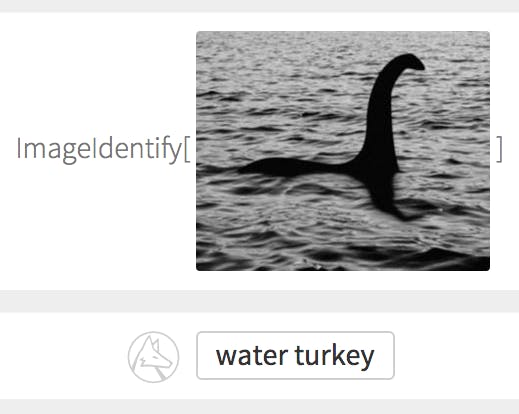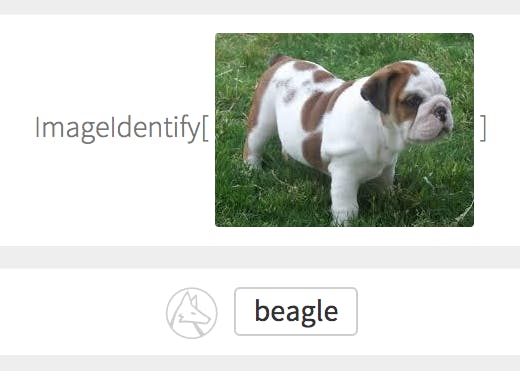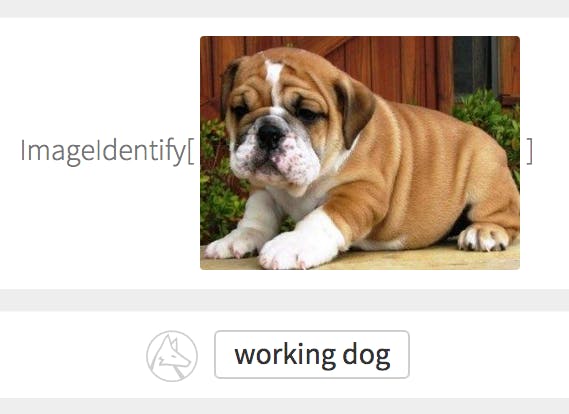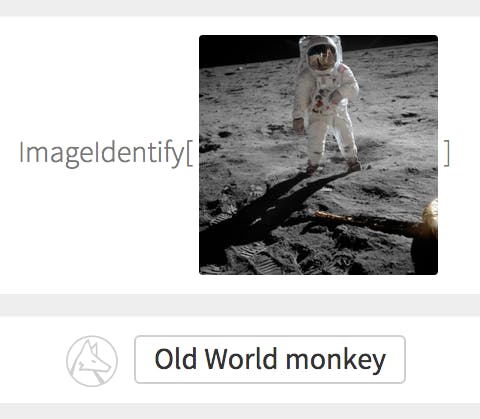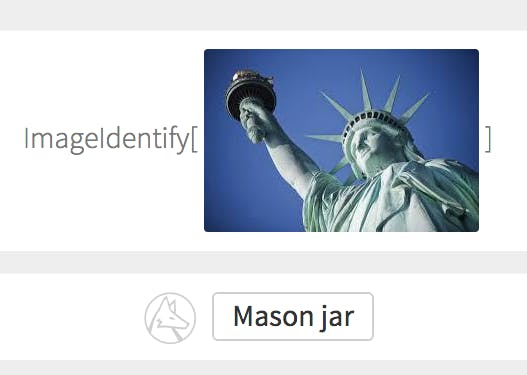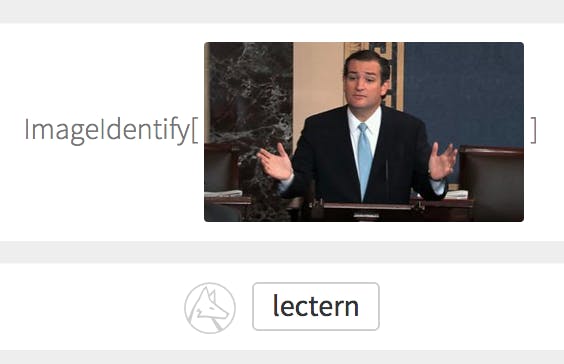The machines might be learning a bit too much lately. Following Microsoft’s “How Old” experiment, Wolfram Alpha has rolled out its own artificial intelligence bot that can identify (or try to identify) the subject of an image.
Wolfram Alpha’s Image Identification Project is a new function built into the Wolfram Language. The project allows you to drag or upload a picture and ask the computer intelligence to tell you what it sees. “It won’t always get it right, but most of the time I think it does remarkably well,” Stephen Wolfram wrote in a blog post.
Here’s how the AI faired when we tossed some images its way:
That’s actually a pretty good guess.
Profound.
Segway
Nailed it.
R2D2
Amazingly, Wolfram found an untapped marketing opportunity for Star Wars.
Groot
Groot is not a turtle. Groot is Groot.
Sloth
That’s all Sloth ever wanted to be recognized as anyway.
Yeah, sure. Why not?
The Dress
PICK A SIDE, COMPUTER.
Bigfoot
Wolfram Alpha believes in Bigfoot…
Loch Ness Monster
…but not the Loch Ness Monster.
English Bulldog
Wolfram is pretty good at identifying dogs as dogs, but terrible at anything beyond that.
English Bulldog
Bulldogs are part of the “Non Sporting Group” according to the Westminster Kennel Club. Also this dog has clearly never worked a day in its life.
Astronaut
Monkeys were sent to space. This is not one of them.
Statue of Liberty
Yeah, of course. Everyone knows the Status of Liberty is where New York City stores all its peach preserves.
Ted Cruz
Does Wolfram Alpha not acknowledge Ted Cruz or does he just not show up in pictures?
Ted Cruz
Serious, is Ted Cruz some sort of reflectionless vampire?
What is perhaps most impressive about the project is when it does get things wrong, you can help it learn. It can currently correctly identify around 10,000 objects, but if it gets one wrong, you can correct it with a grading scale that ranges from “Great,” “Could be better,” “Missed the point,” to “What the heck?!”
The Image Identification Project definitely doesn’t get everything right. Wolfram said “the mistakes it makes mostly seem remarkably human,” but it’s human in the way that a person might take a guess at something if they had never seen it before.
Wolfram says as the project develops, it could used to help categorize large albums of photos in a snap or could improve image search options.
To create the AI that generates the guesses, the Image Identification Project was fed “a few tens of millions” of photos. It’s not great at picking out things that aren’t everyday common objects and paintings threw the AI for a loop. It has been programmed to pick out some specific people and even a couple fictional characters: Chewbacca was an important test case during the programming phase.
Still, as our experiment illustrates, there’s a whole world out there—one full of water turkeys and other machine learning mysteries.
Illustration by Max Fleishman


